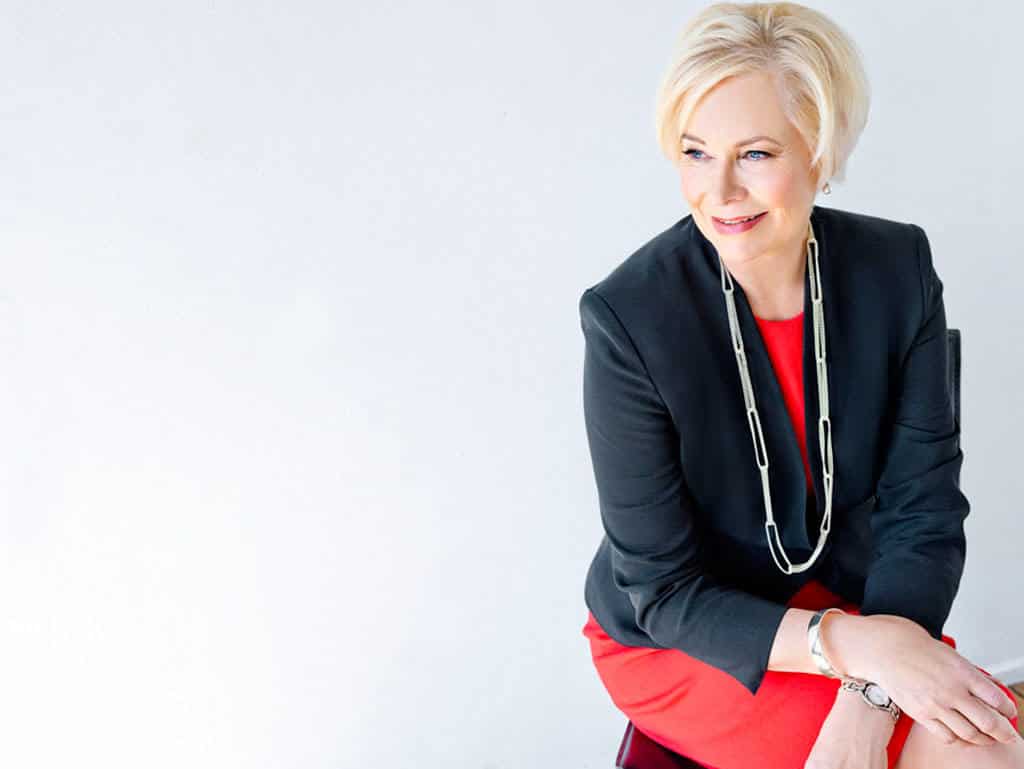The 4 Core Skills Of Good Coaching

Being a good coach requires a strong coaching presence. In the myriad of responsibilities that leaders face, tuning in as coach can be a challenge. Most leaders have the skills they need to coach – finding the time to do so can be more elusive. Narrowing in on the components of coach presence can more readily activate four core coaching skills. Through activating coach presence, leaders can tune into others more regularly, and help to motivate and realise their full potential.
Achieve coach presence through four core skills
Coaching presence is achieved through the demonstration of four key skills: vulnerability, empathy, humility and admiration.
When you are vulnerable, you show up as your full self. As coach you don’t need to have all the answers. Instead you are offering your own vulnerability to the person you are coaching. They reciprocate by being open about what they do and don’t know, and what challenges them most.
Skill 1: As coach, be vulnerable. Share your own stories, experiences and insights when they serve to illustrate a point, inspire action or increase courage for the coachee. The Goldilocks rule of disclosure applies here: if you share too much of your own story, it takes the focus away from the coachee. If you share too little, they may not be prepared to be as open as might be helpful.
Empathy grows from your ability to take the other person’s perspective. Goleman speaks to three kinds of empathy. They are:
- Cognitive empathy – being able to take another person’s perspective to gain a sense of how they are feeling.
- Emotional empathy – being able to feel what another person feels by reading their signals.
- Empathic concern – being able to sense what the other person might need from you.
Skill 2: By cultivating empathy with the person you are coaching, you increase the depth of your relationship, and better understand them. As you attune to them, your responses as coach can be better targeted. For example, you can make better choices about when it’s helpful to challenge, versus support the coachee.
Hierarchical status helps leaders project themselves onto the top hierarchical rungs of the ladder. That often means they pay less attention to others. To manage expectations and the demands on their time, leaders become less empathic, and they tune in less.
Coaching is built on asking questions and avoiding telling the solution. Because of status differences, leaders also fall prey to the tendency to tell rather than ask. Coach presence requires humility, comfort asking questions rather than having the answers.
Skill 3: Monitor your ratio of asking questions to telling solutions or giving directions. Ensure when you are in coaching mode that you remain humble by asking most of the time.
By being generous with your appreciation, a coaching presence helps others to find their motivation to achieve their goals and to continue their own development.
Appreciation grows satisfaction which increases performance and results in people feeling valued. “Regularly producing appreciation is like pumping oxygen into the system”.
Skill 4: To show your appreciation as coach:
- Tune into actions that are worth appreciating. How do you tune in? Make sure to pay attention to notice.
- Provide appreciation. Provide direct, specific appreciation, based on your own experience of the coachee’s behaviour.
- Make it a habit.
Coaching presence is based on vulnerability, empathy, humility and appreciation. To be like a coach, identify your strengths and the areas you need to develop. What do you need to improve to have a coaching mindset and bring out the full potential of your team and each member of it?
Add CEOWORLD magazine to your Google News feed.
Follow CEOWORLD magazine headlines on: Google News, LinkedIn, Twitter, and Facebook.
Copyright 2024 The CEOWORLD magazine. All rights reserved. This material (and any extract from it) must not be copied, redistributed or placed on any website, without CEOWORLD magazine' prior written consent. For media queries, please contact: info@ceoworld.biz










